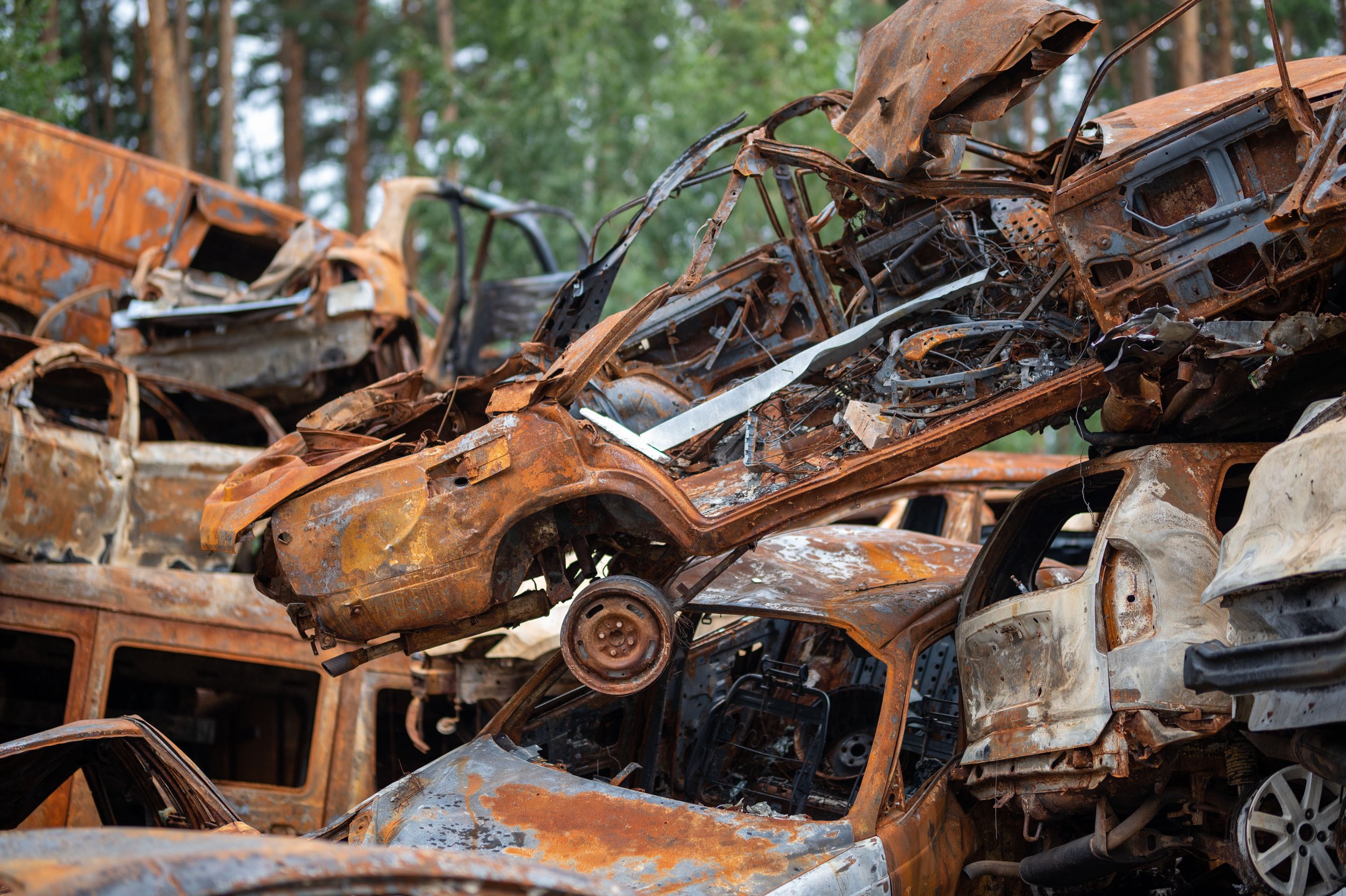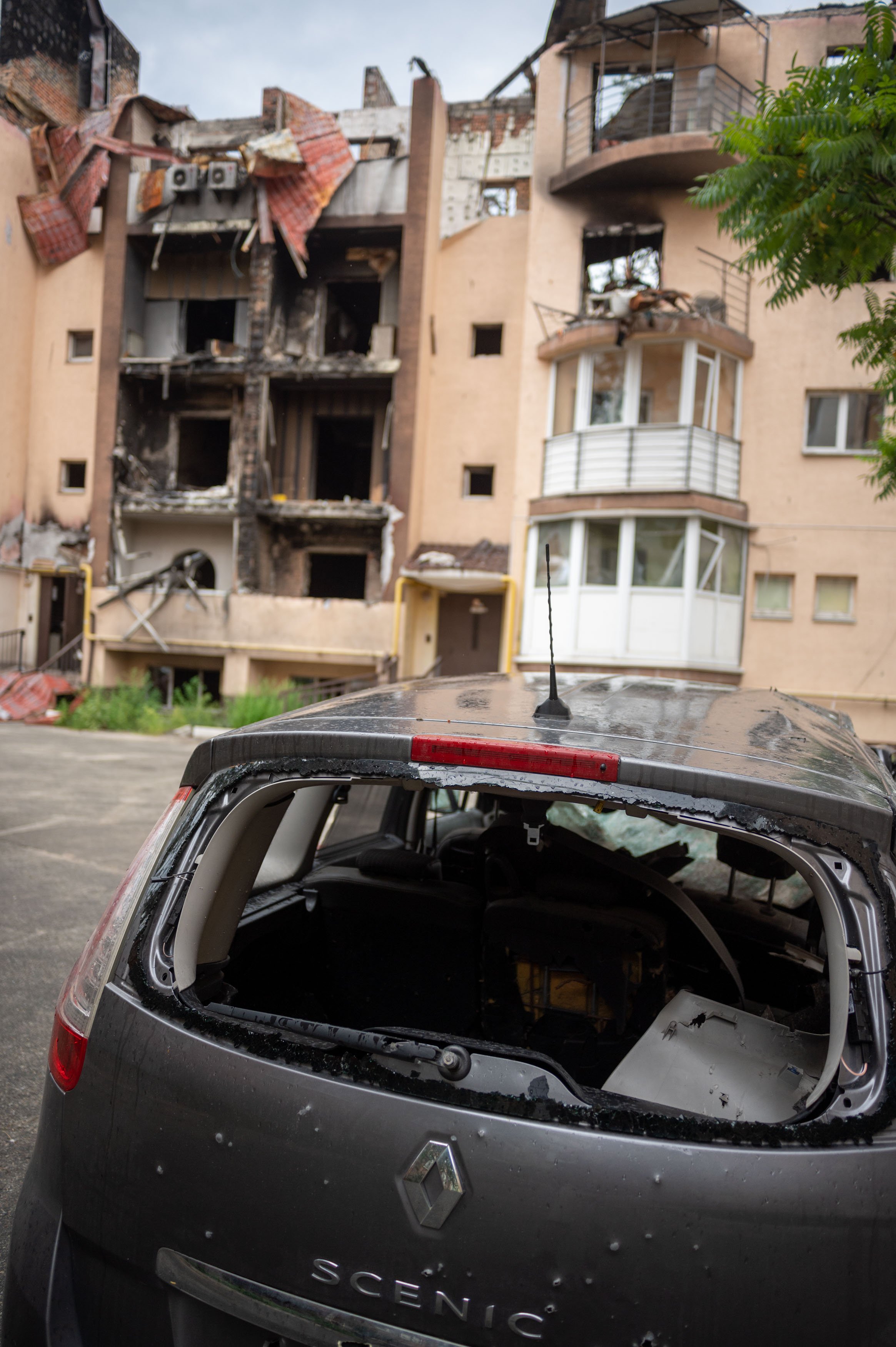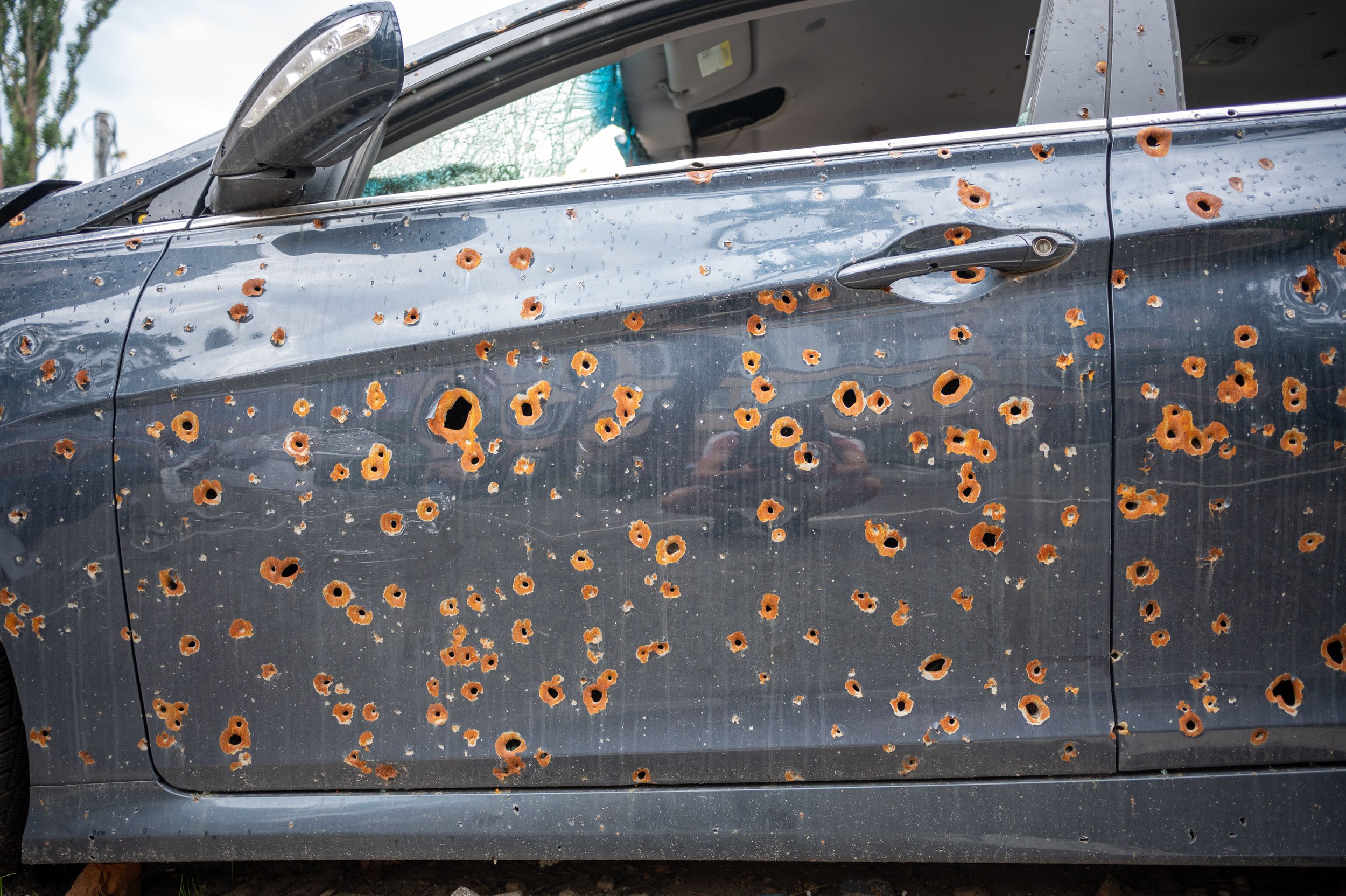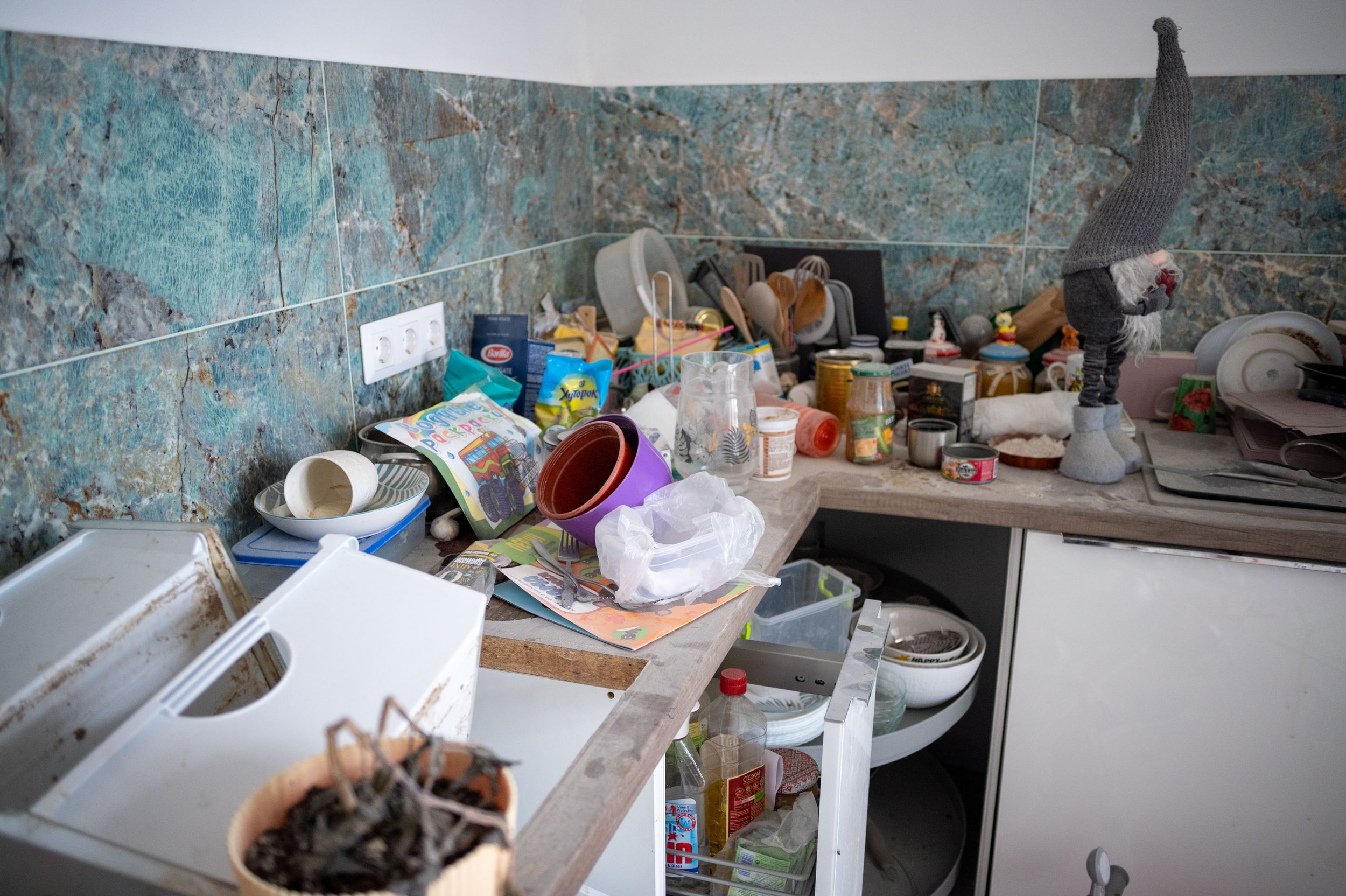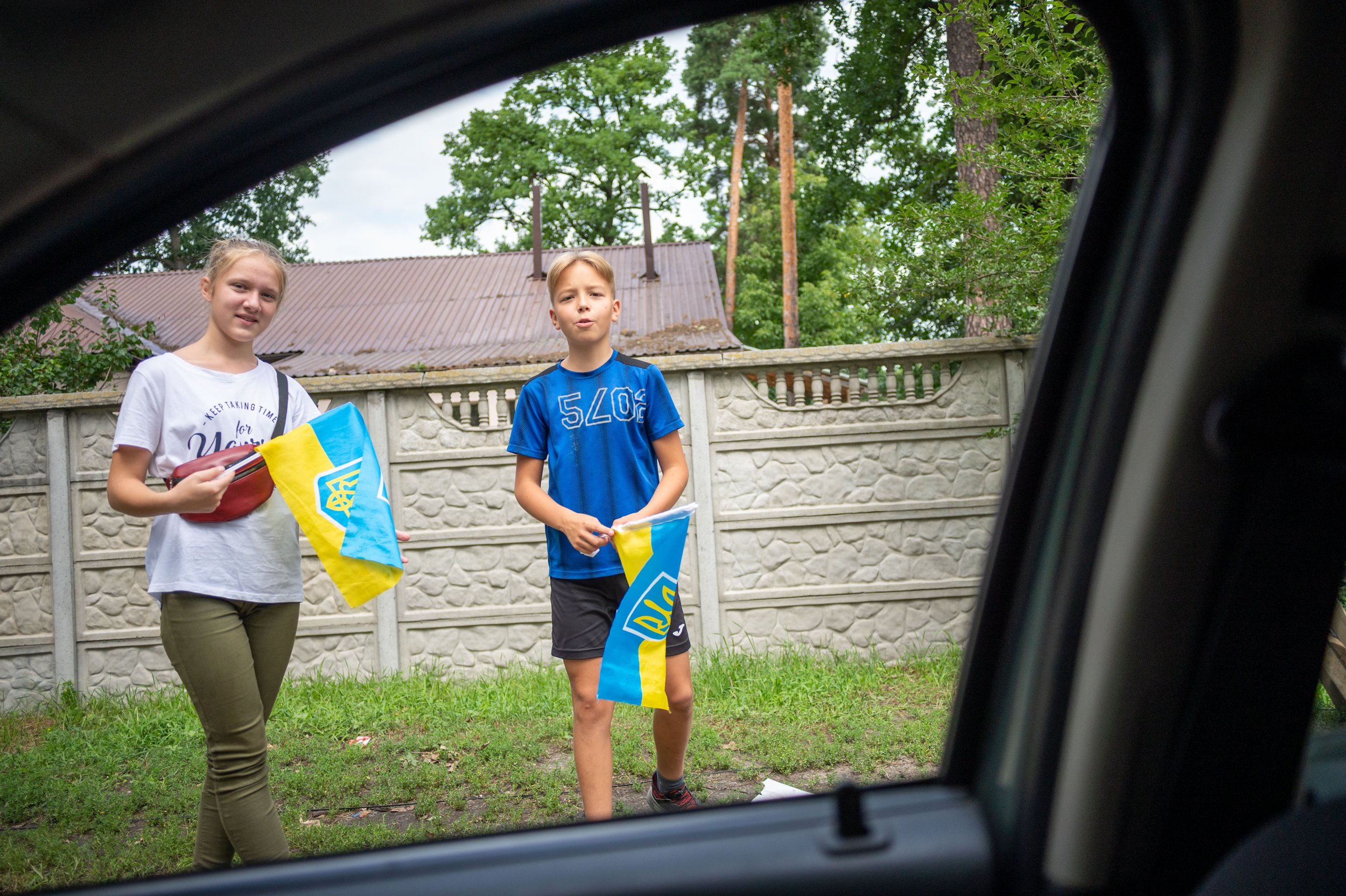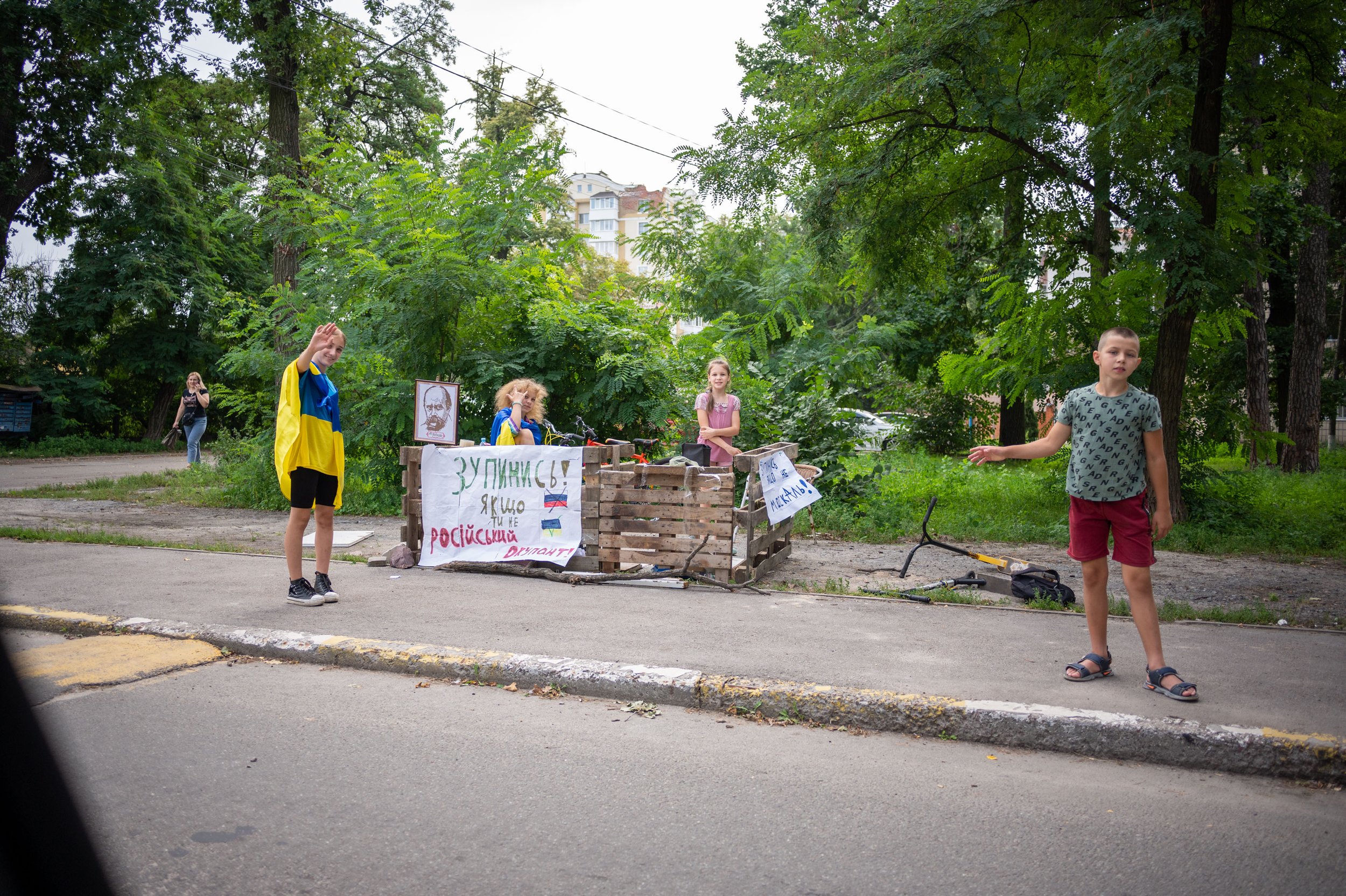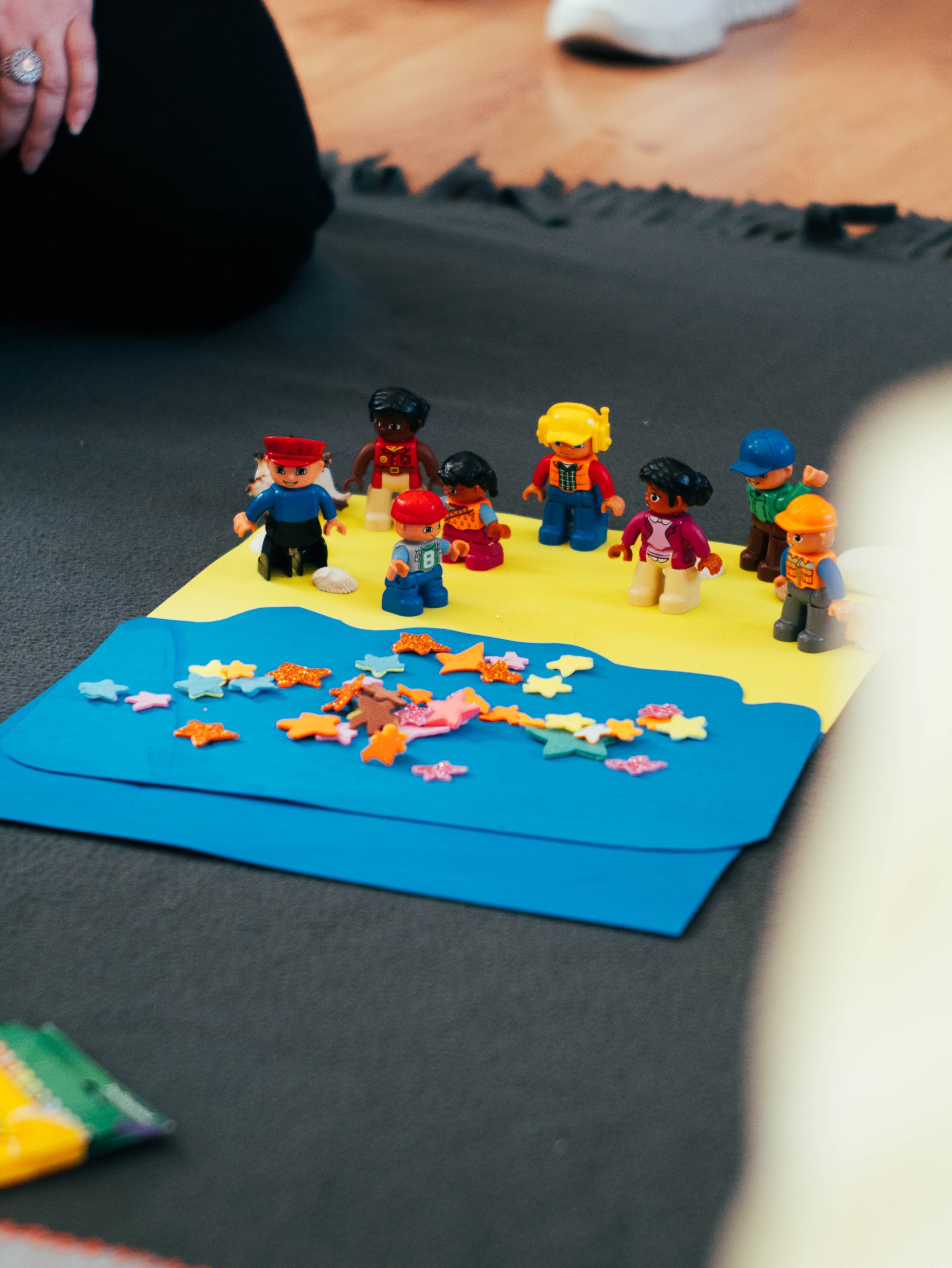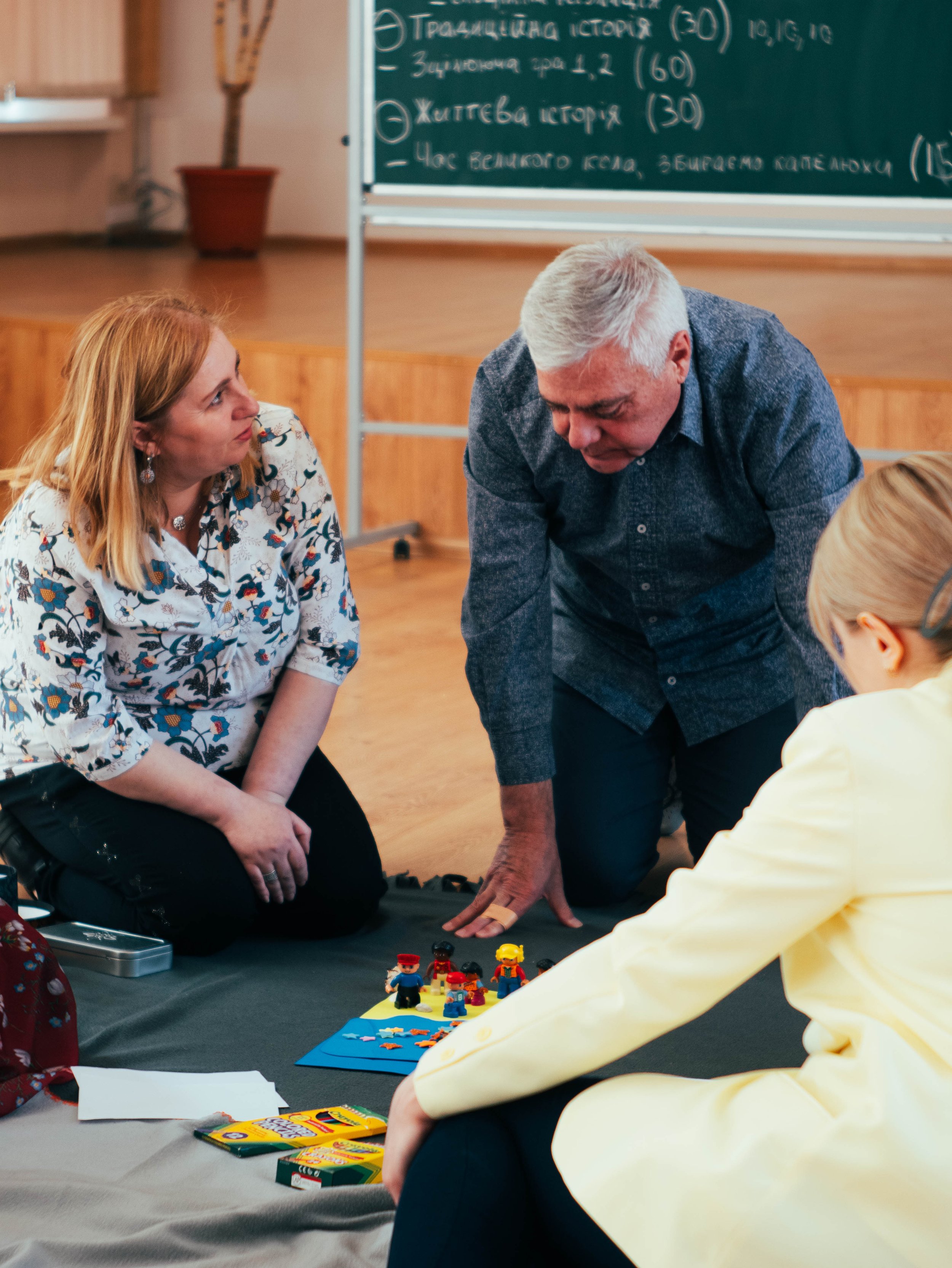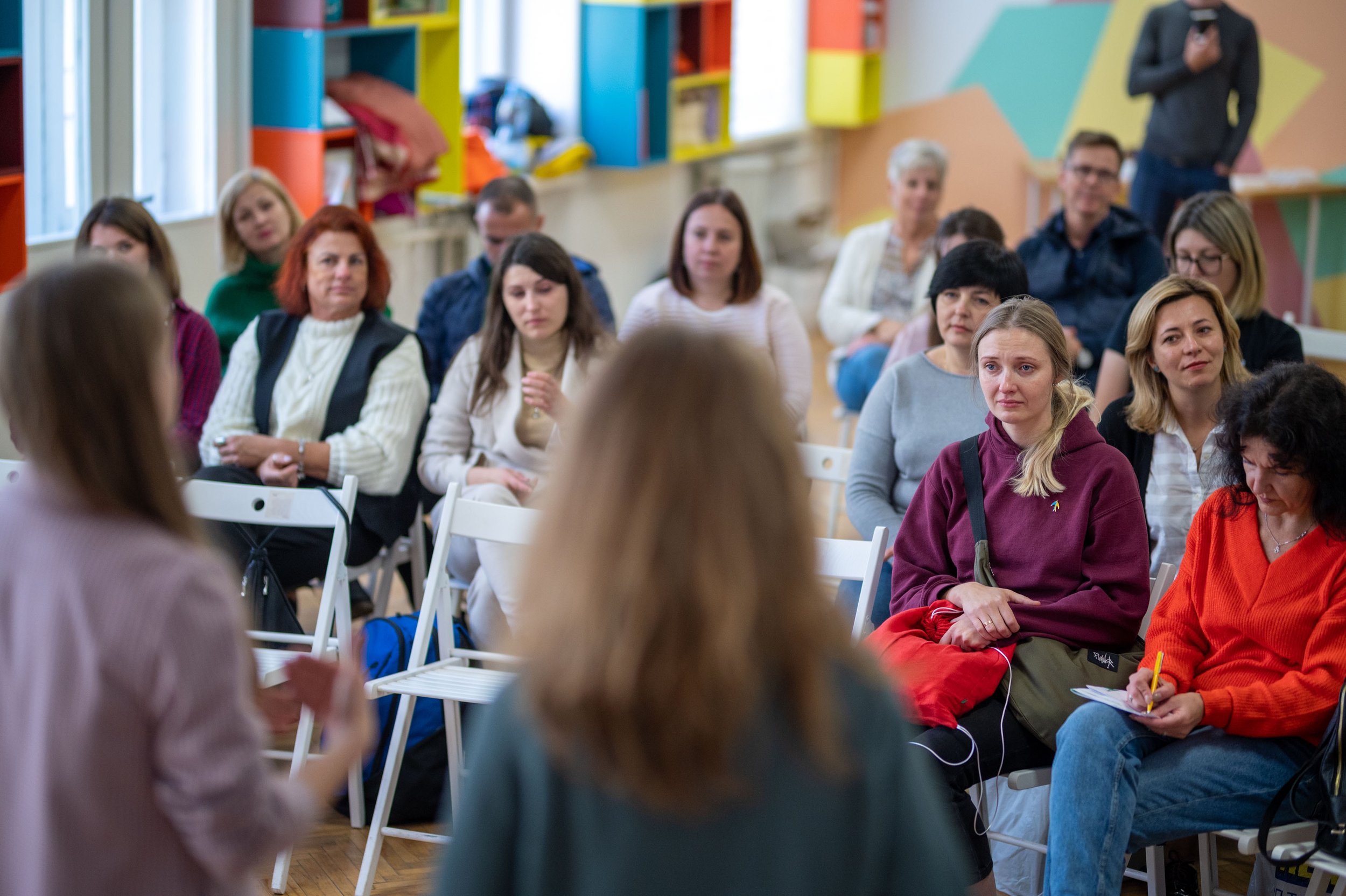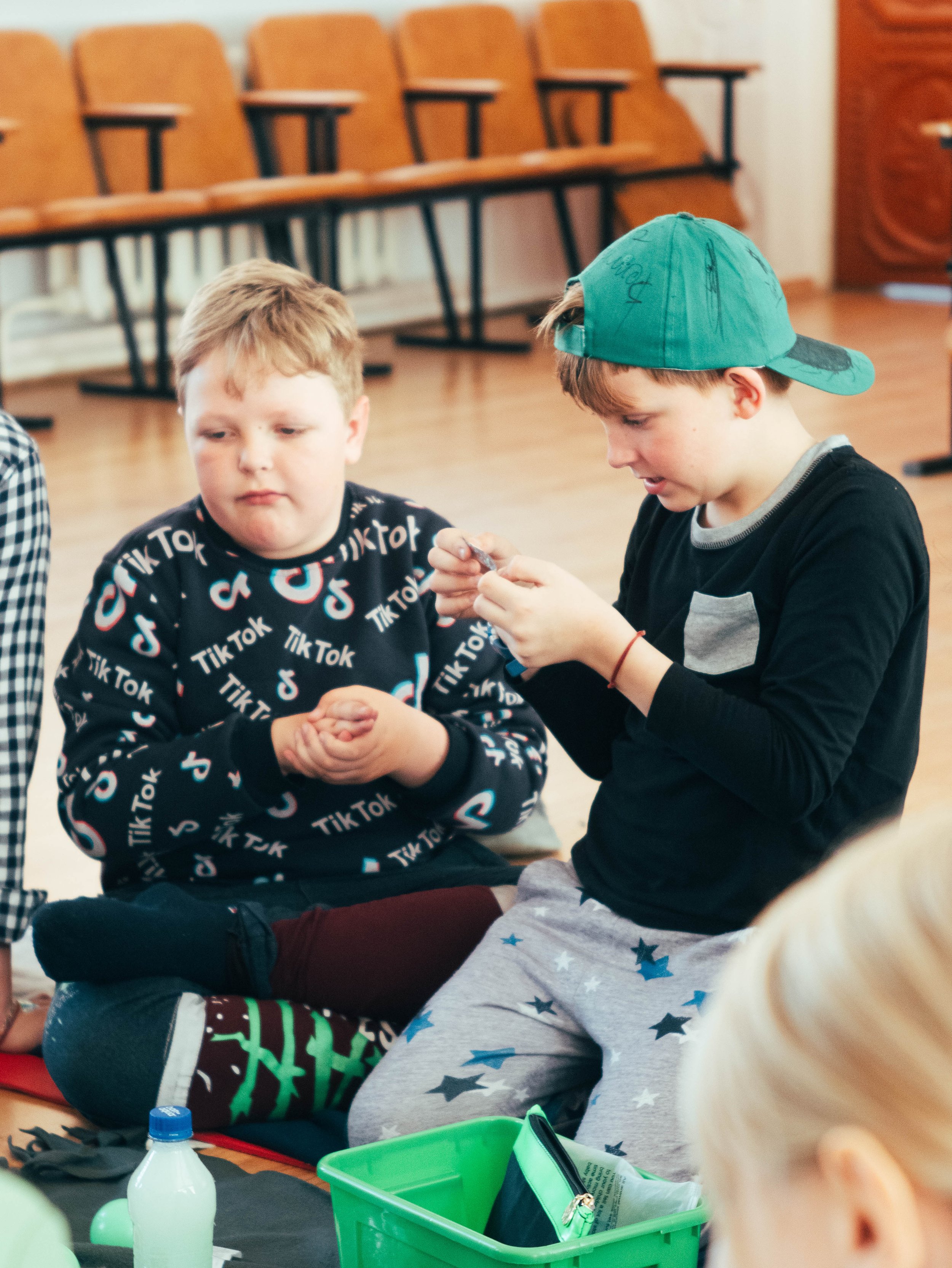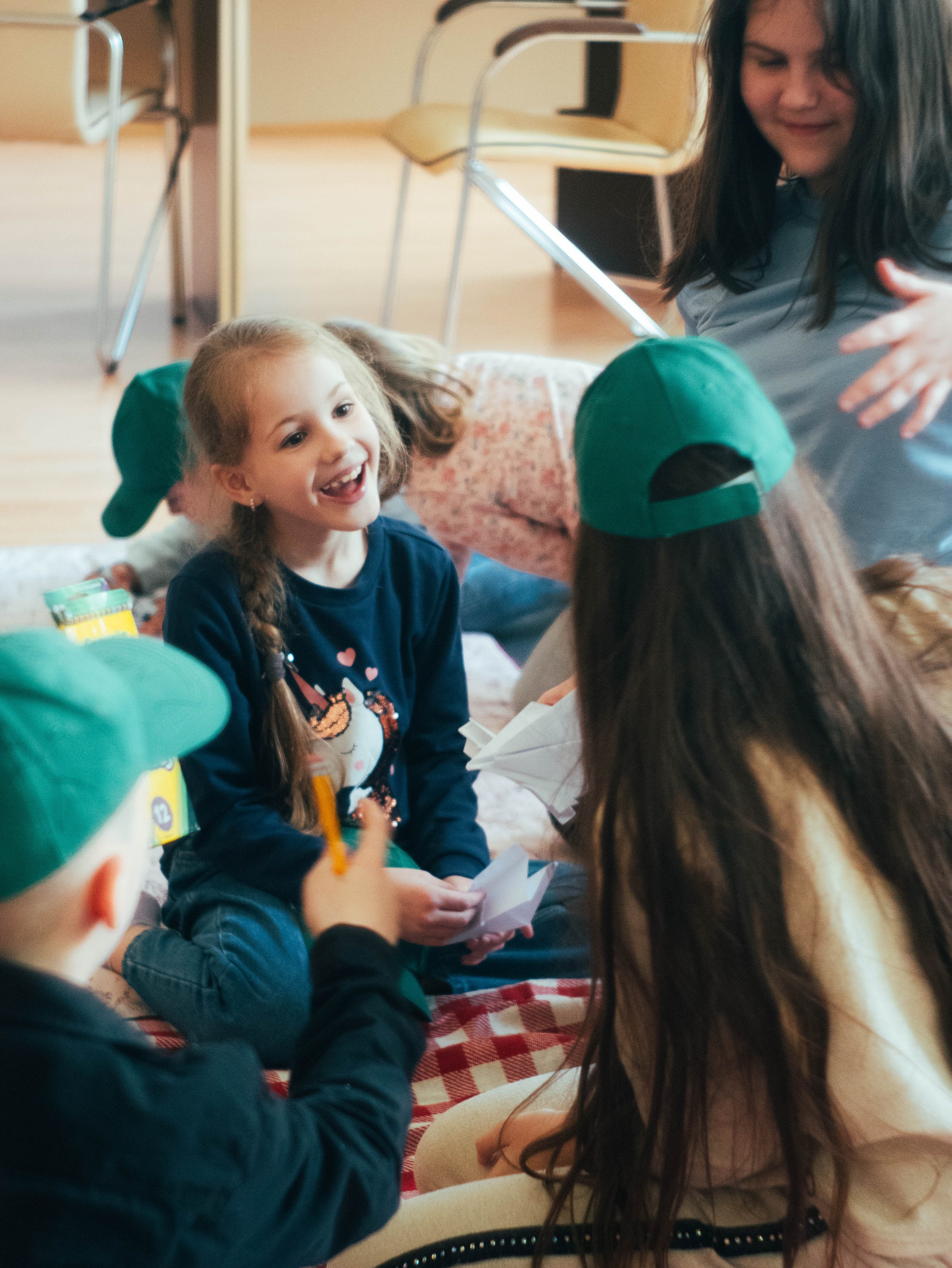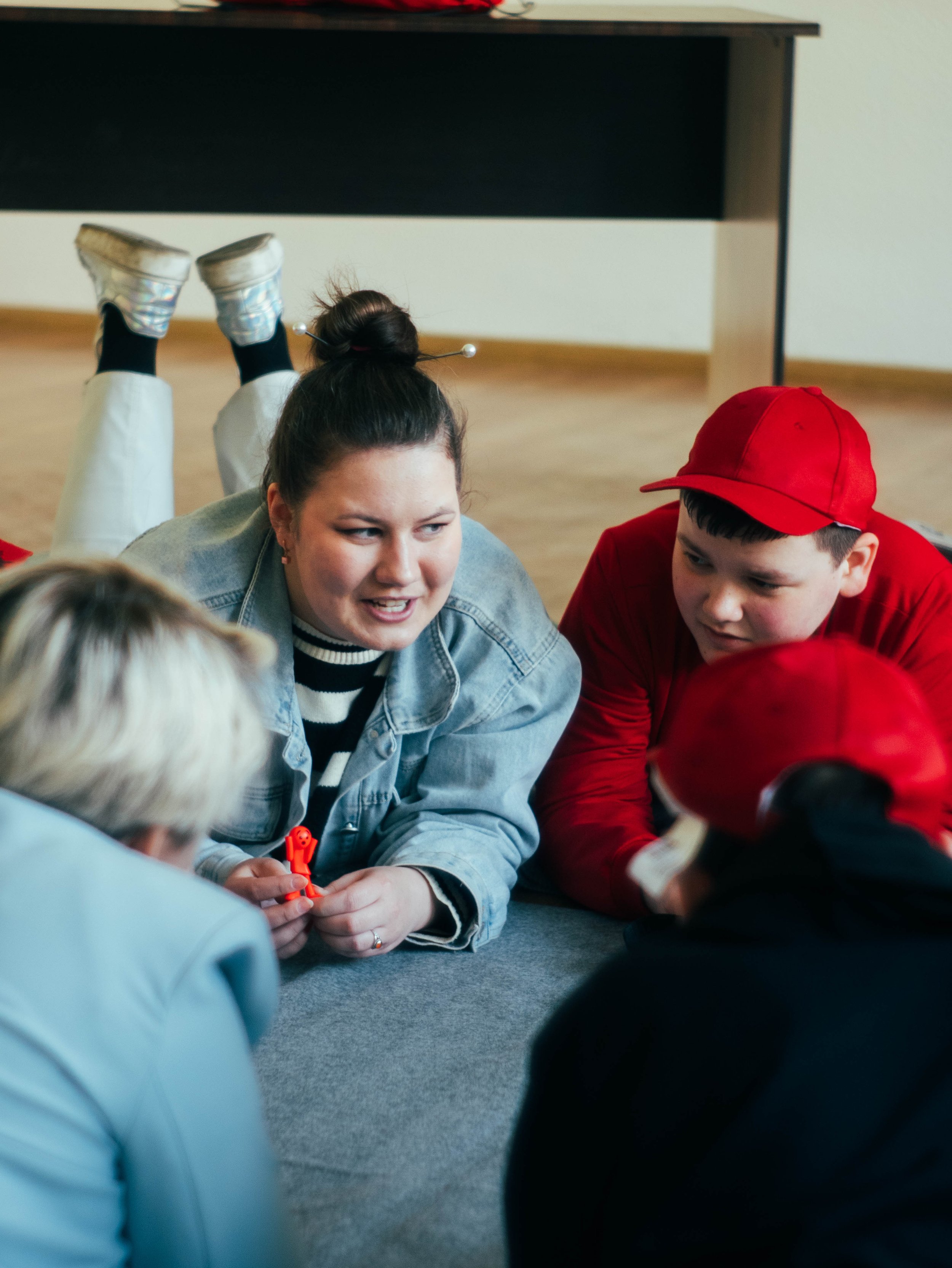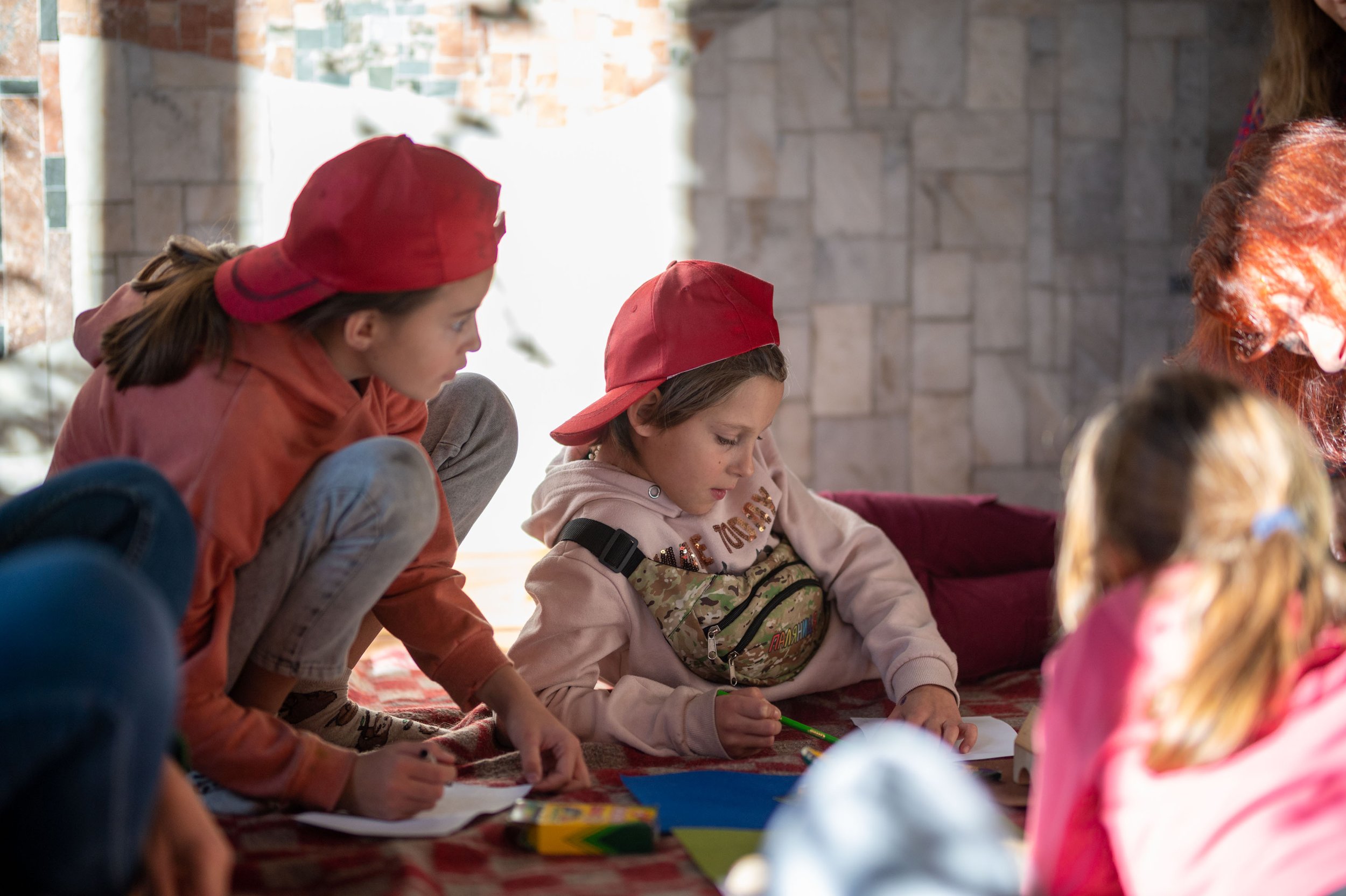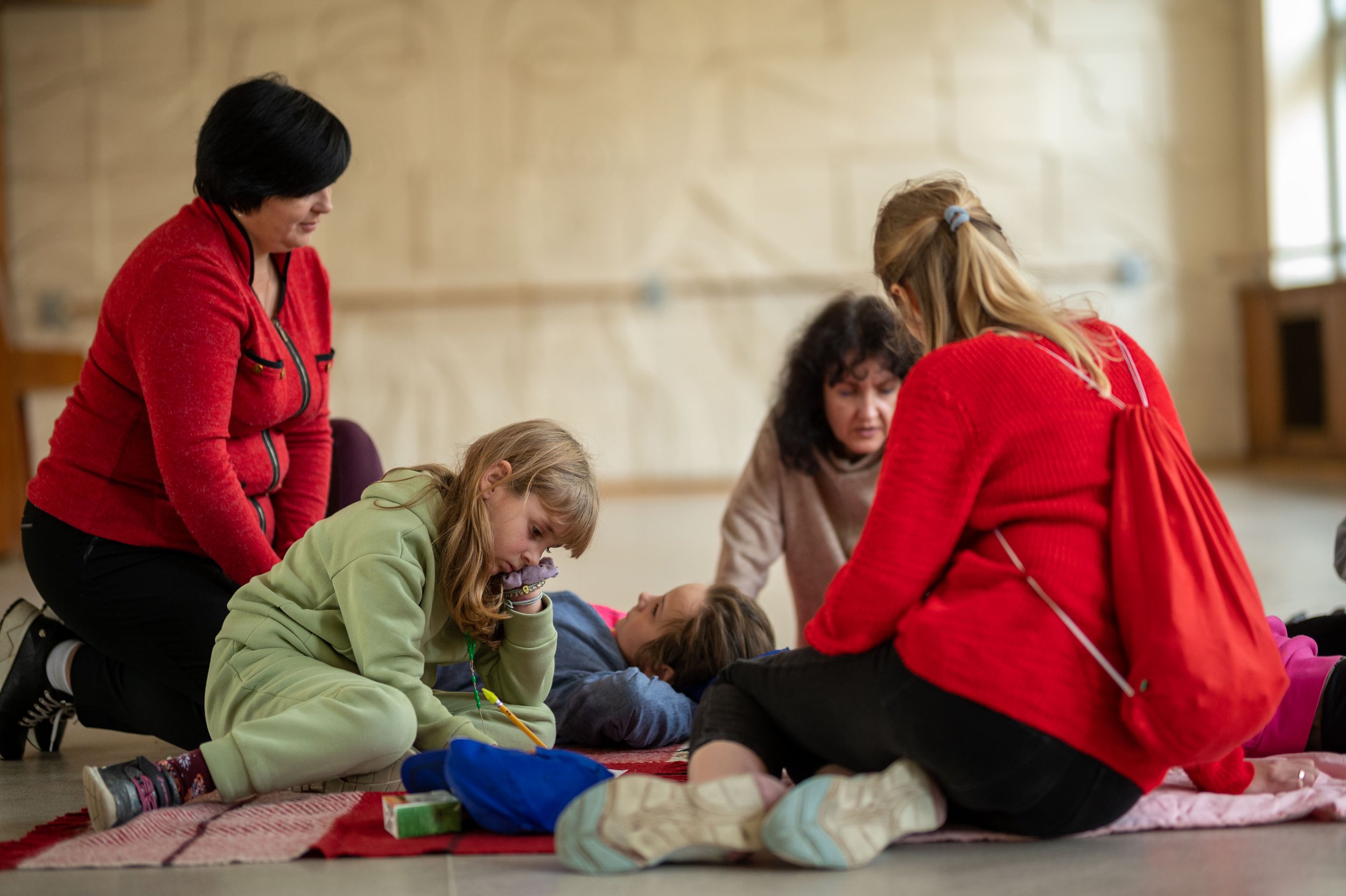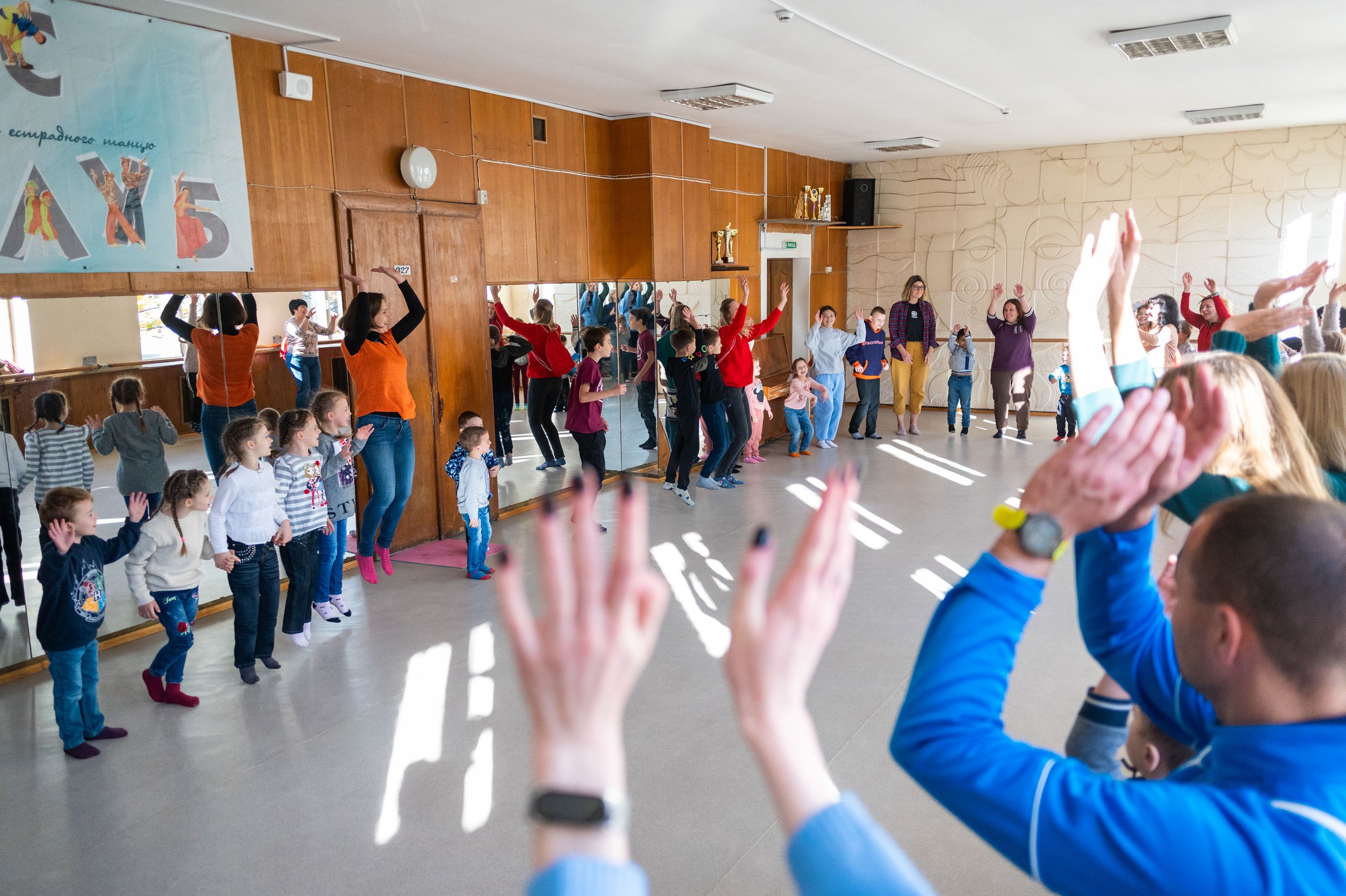Jacaranda Program - Training to Equip Professionals to Work With Kids Affected by Trauma
War has devastating effects on children, both in the short-term and long-term.
Children go through painful experiences in a war that might leave them with lasting emotional scars. They see bloodshed, devastation, and the death of loved ones, which causes them great psychological suffering. When people are uprooted from their homes and communities, their sense of security is disrupted, and they become more vulnerable to dangers like starvation, sickness, and exploitation
Long-lasting mental health problems, such as post-traumatic stress disorder (PTSD), anxiety, and depression, can result from repeated exposure to violence and trauma. War also disrupts education, depriving children of their right to school and harming their long-term prospects.
Many children in Ukraine are currently suffering through all these sad events. Missiles and airstrikes hit across Ukraine, followed by an extensive ground invasion along multiple fronts. The invasion has continued for more than a year with no end in sight. Most of these kids need psychological support due to the severity of the trauma. Most of the kids have lost families to the airstrikes and have witnessed the violence firsthand, and exhibit PTSD symptoms such as inability to sleep, incontinence, breaking out into sweats, fear of the dark, and survivor’s guilt.
Ukraine Volya Foundation (UVF) works tirelessly to protect and support children like these. UVF works to provide them with the care, resources, and opportunities needed to heal, learn, and reclaim some of their childhood ripped away by the war.
To further this work, UVF together with partners The Novi and Twelve12:Hope delivered a signature program, the 10-day Jacaranda training program, which is started in areas where a local host has acknowledged the need for a trauma program for kids in that community. The program was developed by a licensed clinical psychologist Tim Freisen and incorporates 25 years of training and experience to address the needs of children exposed to trauma. The program aims to bring children healing through community, small-group, and individual engagement, with an emphasis on providing healing play sessions.
The first Jacaranda training occurred in Lviv, in October 2022, and had 18 participants and the second took place in Rivne, Ukraine in the first half of May 2023, 25 teachers, psychologists, and social service workers from different Ukrainian regions such as Kyiv, Ivano-Frankivsk, Rivne, and Dnepropetrovsk.
The first week of training involved theoretical classroom and skill development focusing on trauma healing. Topics covered included how trauma is stored and processed in the brain, ways to recognize stress and trauma in others, communication blockers and enhancers, and empathetic listening skills. Child-centered trauma care with children covered components of trauma healing, including telling one’s story with associated emotions, how to structure a healing play session, and teaching children emotional regulation skills.
“A difficulty that parents have is that they often cannot understand the emotional state of their children and therefore cannot help them. Training gives us the right information and explains to us what happens to a child under stress, how the brain works, and why a particular reaction occurs”
During the second week of training, the participants worked and interacted with kids, which had the dual advantages of letting participants put what they had learned into practice and helping kids get some therapeutic playtime. In the first training we had 38 children from the Lviv orphanages and in the second training in Rivne, there were 48 children, many of them displaced from the occupied territories such as Kherson, Zaporizhia, and Lugansk.
It has been challenging to conduct training in a combat zone. The regular air raids, which were disruptive and complicated delivery children to the place were one of the difficulties. Despite the challenges, the programs in Lviv and Rivne were fully carried out and the participants felt better equipped to help the children.
“I work as a psychologist at the Lviv Center for Social Services, and we work all the time with children on war trauma. It is very important for us to understand more deeply this trauma that children experience. We need to be able to respond quickly and effectively. The whole training was very intensive and effective. All the information was very valuable. We learned techniques and immediately had the opportunity to practice them. We had high-quality support from lecturers who could immediately correct us in our work process. ”
Author Polina Blintsovskaya

